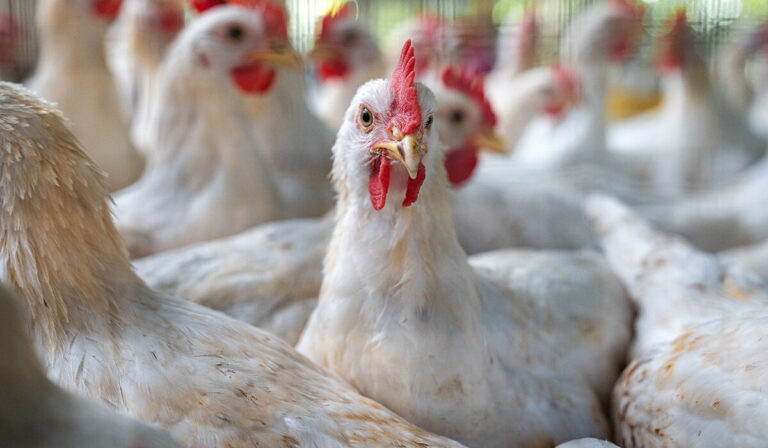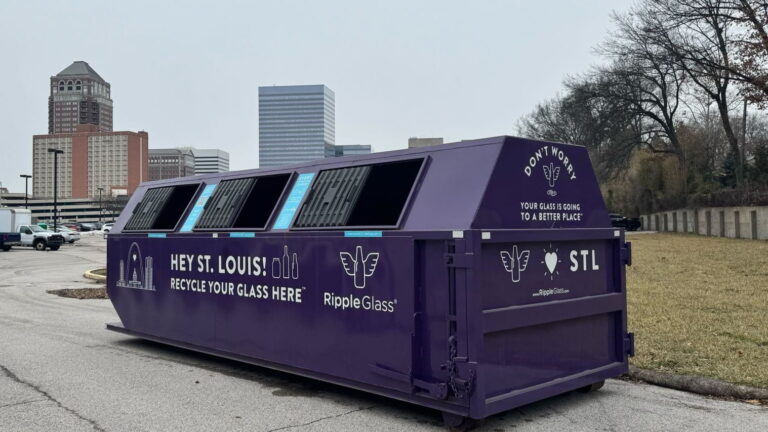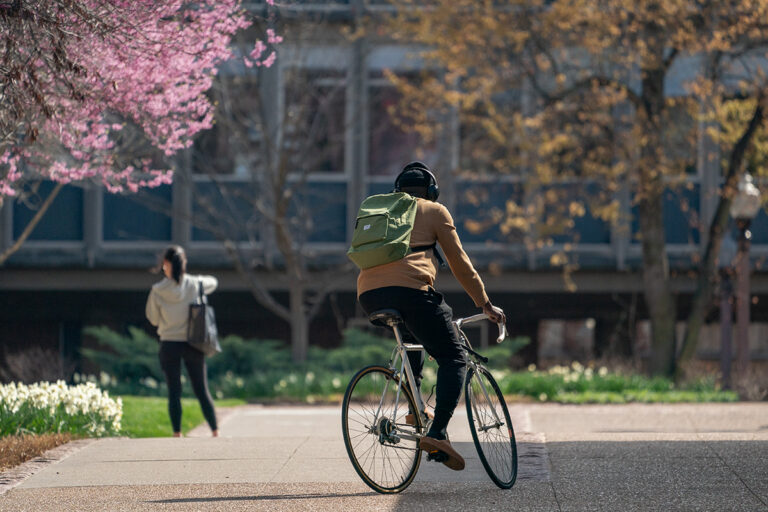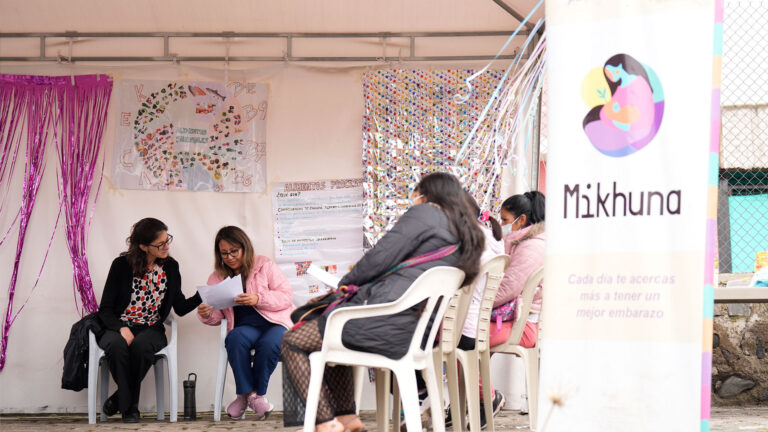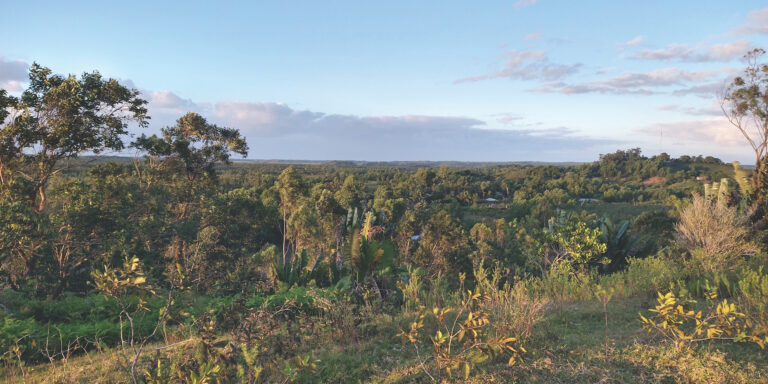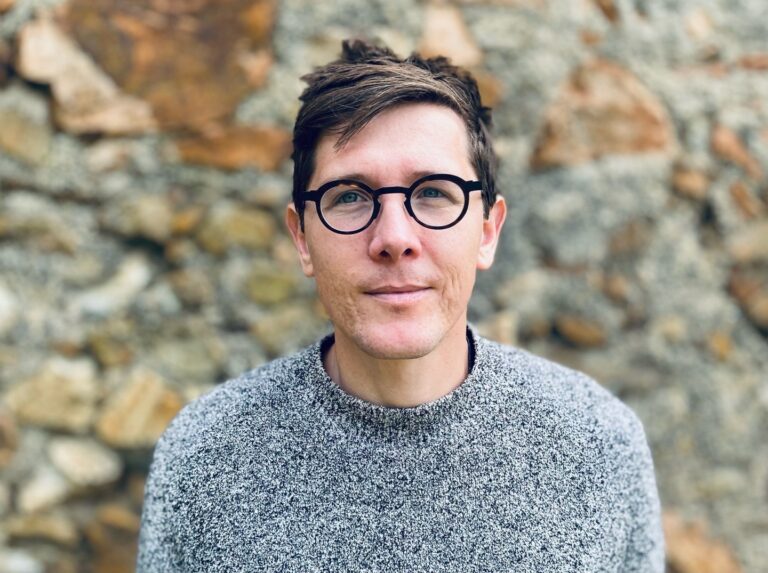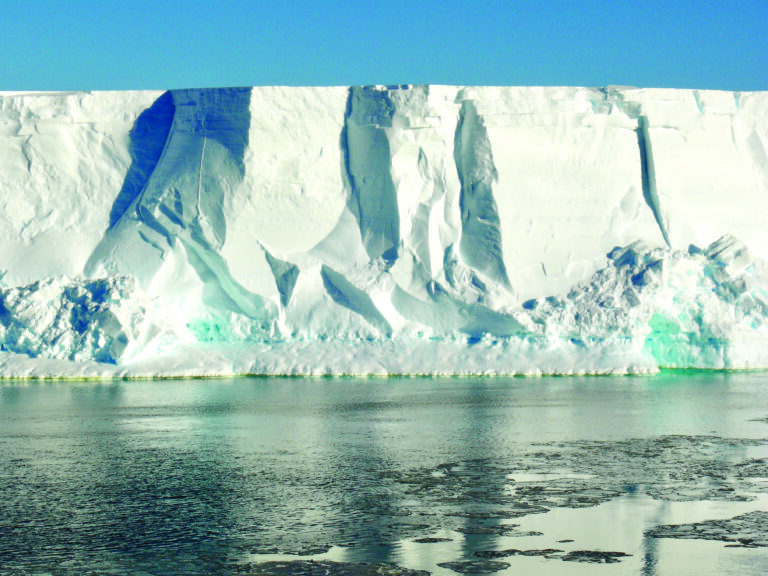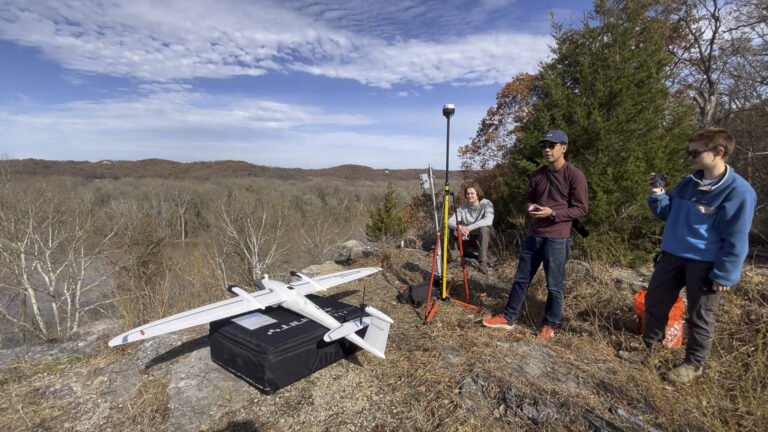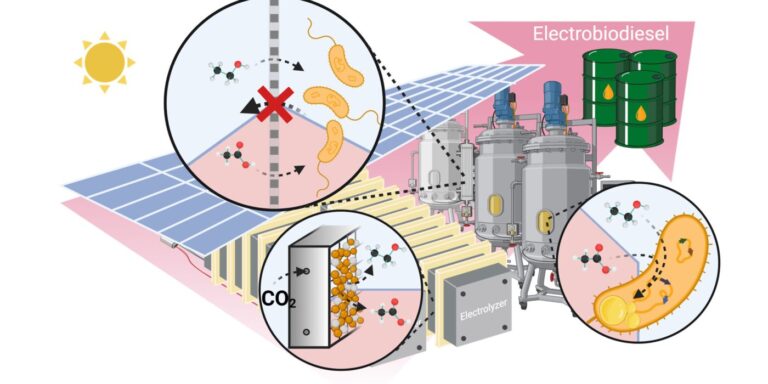New biosensor can detect airborne bird flu in under five minutes
Researchers at Washington University in St. Louis have developed a sensor that detects airborne H5N1 avian flu. The sensor could be used in large agricultural operations to monitor pathogen outbreaks.
West Campus hosts Ripple Glass collection site
Members of the WashU and St. Louis communities may now recycle their glass in the Ripple Glass depository in the West Campus parking lot.
WashU honored as top workplace for commuters
A national organization that recognizes workplaces providing commuter benefits to employees recently named WashU among its 2025 Best Workplaces for Commuters.
Researchers to develop energy-efficient process to convert waste gases into biofuel
Engineers at Washington University in St. Louis will be working to improve energy efficiency in production of that useful gas thanks to a $2.1 million grant from the U.S. Department of Energy (DOE).
Halting hidden hunger
Can improved nutrition during pregnancy help prevent stunted growth in children around the world? With partners in Ecuador, Lora Iannotti studies the effects of maternal diet on infant brain development.
Saving forests and alleviating poverty
WashU sophomores work with villagers in rural Madagascar to conserve biodiversity.
Denizen Awarded Global Incubator Seed Grant
Assistant Professor Seth Denizen was awarded a Global Incubator Seed Grant for his collaborative project on wastewater urbanism with Christina Seibe at the National Autonomous University of Mexico.
Fire & Ice
From the icy ends of the Earth to the tropics, scientists across disciplines are using radar, big data, and other tools to help us better understand our changing planet.
A high-tech way to track an age-old problem
Students in the “Geospatial Field Methods” course used drones to map flooding along the Meramec River.
Researchers create novel electro-biodiesel more efficient, cleaner than alternatives
WashU engineering professor Joshua Yuan and University of Missouri professor Susie Dai along with collaborators created biodiesel with electrocatalysis and bioconversion.
